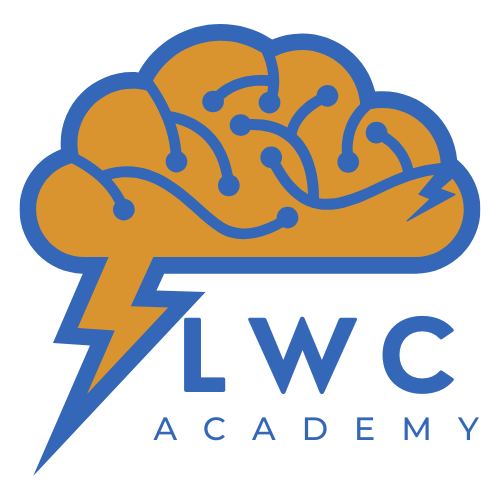JavaScript Basics
A quick, easy introduction to JavaScript core concepts.
📅 Start: 14:00 GMT - Saturday, 18th January
⌛ Duration: 2 Hours
This session provides a rapid yet comprehensive overview of essential JavaScript concepts crucial for LWC development. We'll cover:
- Data Types: Primitives (Number, String, Boolean, Null, Undefined, Symbol, BigInt) and Objects. Emphasis on how these are used within the context of LWC.
- Variables and Operators: Declaring variables (var, let, const), assignment operators, arithmetic operators, comparison operators, logical operators, and the spread syntax. We'll discuss best practices for variable declaration and scoping.
- Control Flow: Conditional statements (if, else if, else, switch), loops (for, while, do...while), and how to use them effectively to control the execution of your LWC code.
- Functions: Defining and calling functions, function parameters, return values, arrow functions, and the importance of modular code in LWC. Closures and their relevance.
- Objects and Arrays: Creating and manipulating objects and arrays, including common methods like
map,filter,reduce,forEach, and how these are used for data handling within LWCs.
This session is designed to quickly get participants up to speed with the JavaScript skills needed to build powerful LWCs, even if they have limited prior JavaScript experience.










